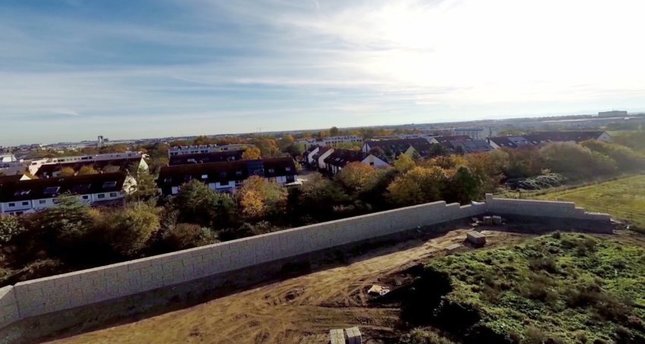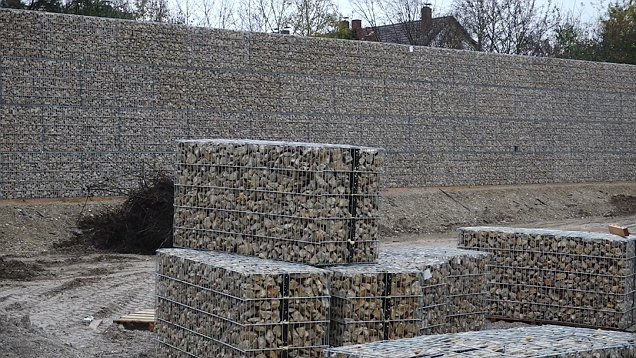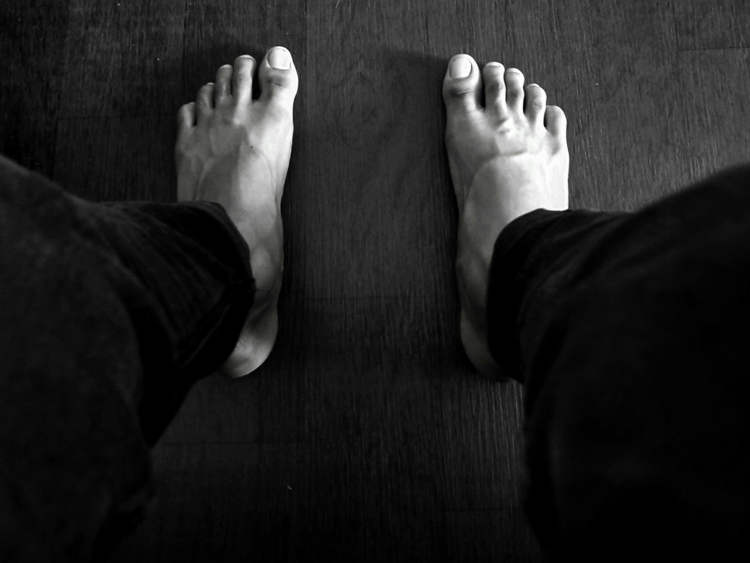The Munich suburb of Neuperlach Sud has nearly completed a giant stone wall meant to separate the local population from around 160 unaccompanied child refugees set to move into a nearby shelter. The 4-meter-high barrier will be taller than the Berlin Wall (3.6 meters).
After the local government decided to build a large refugee shelter approximately 100 meters from a residential estate, the people of Neuperlach Sud went to court to have a stone wall separating their community from the migrants. One of their arguments was the fear that the prices of their homes would plummet if there was nothing to separate them from a group of refugees that could be there for many years. They also expressed concern about the noise that might be coming from their new neighbors. The judge of the Administrative Court in Munich approved their request, and now the large stone wall is almost complete.
“Donald Trump wants to build a wall for Mexico, and we in Munich Neuperlach build one to keep us safe from refugees!” one Neuperlach Sud couple told a local newspaper.

Photo: video screengrab
The nearly completed wall now stands taller than the Berlin Wall of the Cold War, and while locals are fully aware of this, most of them say that they don’t care how it looks, as long as it keeps the refugees away. Besides, engineers claim that it had to be this high to act an effective sound barrier, as well.
Not everyone is pleased with the new infrastructure, though. Deputy District Chairman Guido Bucholtz, said that he was “frightened” when he first saw this “monster of a wall” and argued that it could have been smaller. He also told the Merkur newspaper that he considered it “absolute madness”.

Photo: video screengrab
“We don’t live directly across but in my opinion the wall is awful. There were other possibilities. It could have been built from overgrown wooden walls and so on, but not a big stone wall,” said Edgar Schultz, a resident of Neuperlach Sud.
However, the strong support for the wall is not very surprising in Bavaria, where a poll has shown that four out of five people have a negative attitude towards Muslims, and where local politicians have repeatedly expressed their discontent with Chancellor Angela Merkel’s open-door policy.
The large stone wall has been described as a compromise between between the local authorities and the residents, many of whom opposed the idea of accepting refugees.
So while Trump’s idea of building a large border wall to keep Mexicans out may not actually be feasible in real life, it seems to have inspired communities to use the same principle on a smaller scale.












